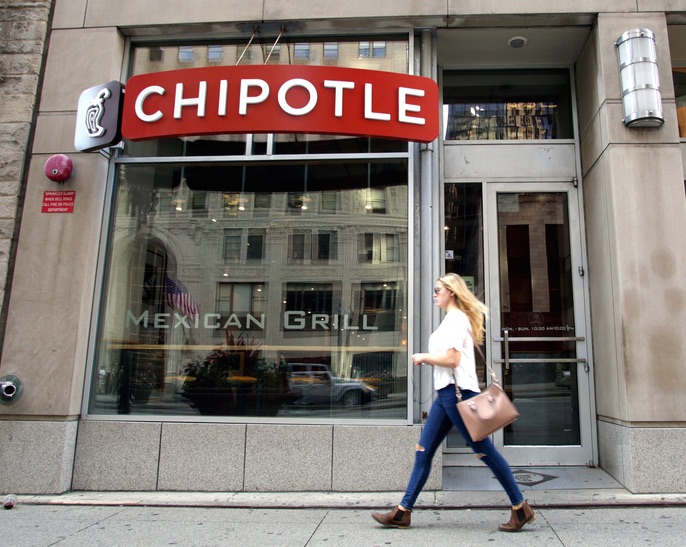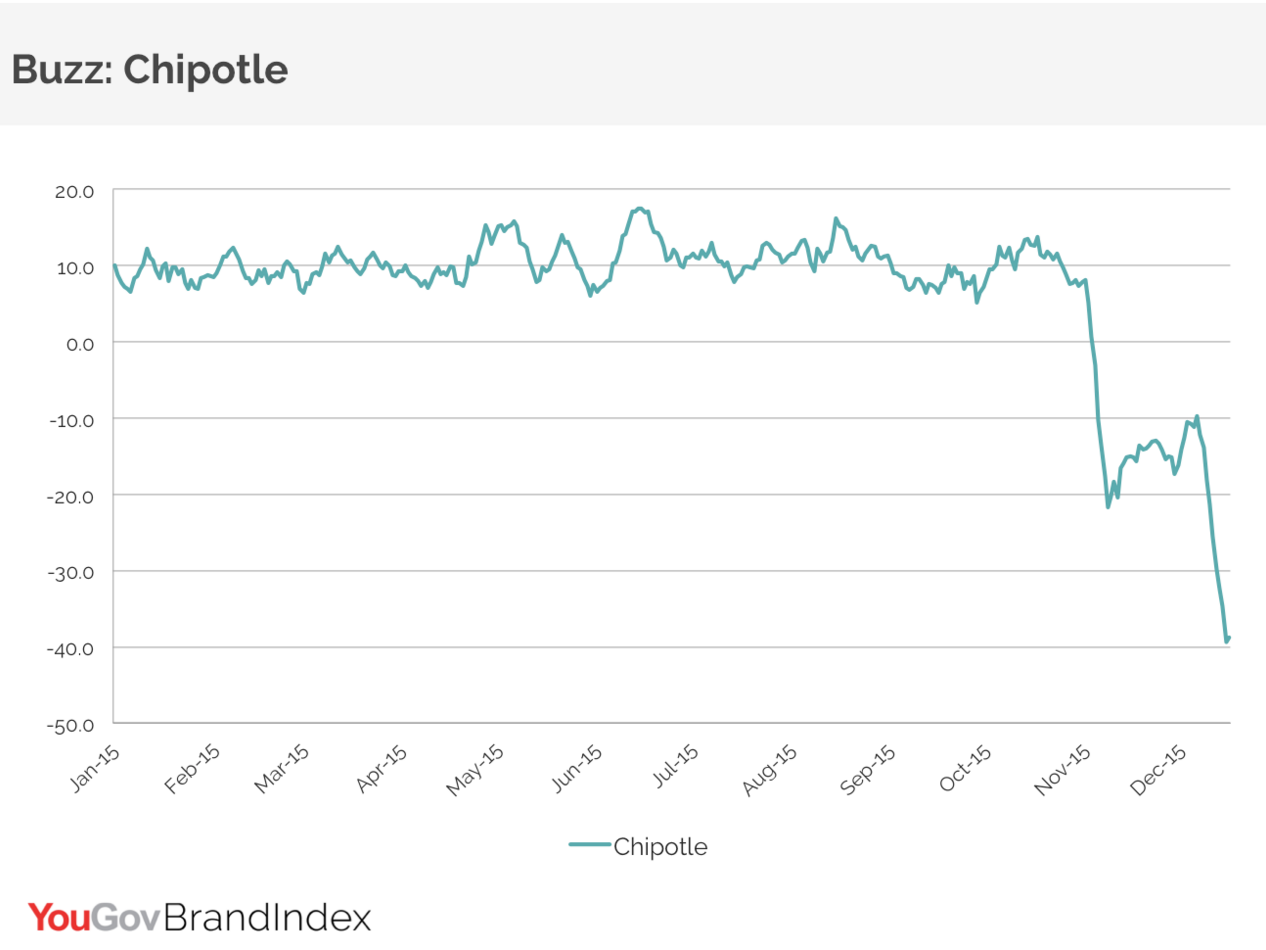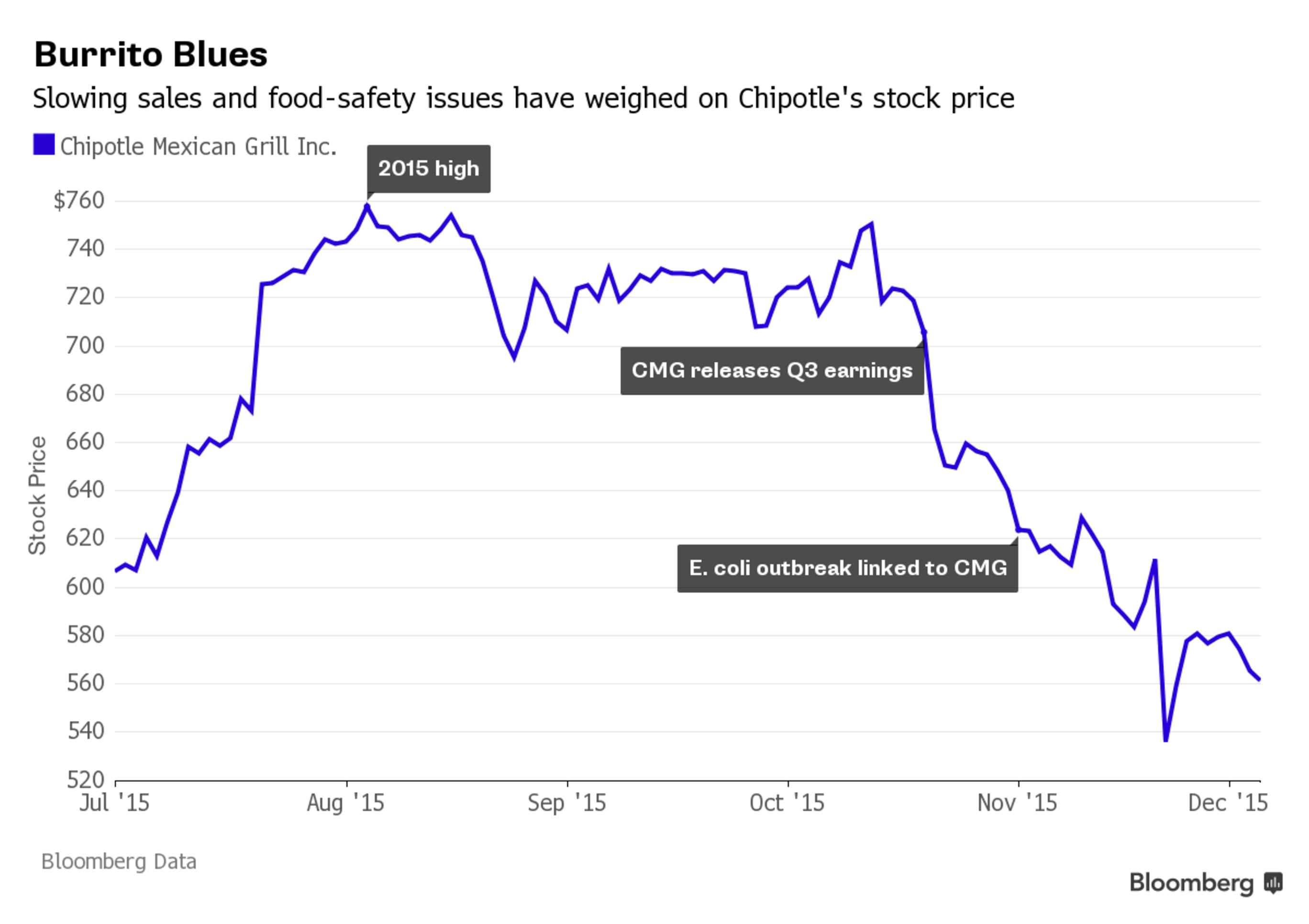With all the focus on the Middle East and Europe, it is easy to lose track of Latin America as a region with major risk issues. Companies investing and selling to Latin America have become accustomed to viewing its largest economies—Mexico and Brazil—as relatively low-risk countries with promising growth prospects. That perception has recently changed, however, largely because of a common ingredient: large state-owned oil companies on which the government depends.
With a $1.26 trillion economy and population of 122 million, Mexico is a key market for the United States and Canada, particularly since the advent of the North American Free Trade Agreement. Some $535 billion in trade occurred between the U.S. and Mexico in 2014. From 2000 through 2012, U.S. foreign direct investment into Mexico totaled $291.7 billion.
With a monopoly (until recently) on oil production and fuel distribution, Petróleos Mexicanos (Pemex) is a colossus—the largest company in the country, representing about one-third of all government tax revenues and approximately 5% of Mexican exports. From its origin in 1938, Pemex has also been a political entity, as it was nationalized at a time when foreign companies dominated the oil sector. Since then, it has become enmeshed in Mexican politics and patronage, suffering from frequent allegations of corruption.
However, in the early 2000s, Mexico’s political leadership recognized a problem: oil production was falling and Pemex lacked the resources to invest in new fields to reverse the trend. Clearly, foreign investment was going to be needed to keep Mexico competitive in world oil markets. So, in August 2014, Mexico passed the laws necessary to open up the oil, gas, and power sectors to private companies, including foreign ones.
Unfortunately, with oil prices taking a serious downturn, the timing of the opening was awful. Pemex was losing its monopoly at the same time its revenue was dropping and home currency was depreciating against the U.
S. dollar, after it had accumulated enormous foreign currency debt.
Not surprisingly, in November 2015, Moody’s downgraded Pemex’s credit rating from A3 to Baa1, with a negative outlook. Without the sovereign support, the rating was put at a lowly Ba3. And Pemex’s problems have directly drained the central government: this month, the Mexican government announced over $4 billion in aid for the company.
Pemex has serious cash-flow problems and is not able to pay its suppliers on time. In late 2015, citing low oil prices, it announced that it would unilaterally extend payment terms on all contracts to 180 days from the previous 60-90. For suppliers dependent on short payment terms who were already under cash-flow stress from general industry conditions, these payment delays could cause serious financial problems, including bankruptcies. Accordingly, the trade credit insurance industry—which covers buyers’ failure to pay contractual trade obligations on the due date—is already seeing claims related to Pemex and its suppliers.
Except for people who remember the early 1980s, when Mexico defaulted following the high oil prices and debt run-up of the 1970s, Pemex’s problems were unthinkable just a few years ago. This is an example of the difficulty of predicting how commodity markets, politics and financial management can mix for any given country. However, while Pemex’s problems are serious for its suppliers and represent a drag on the economy, Mexico is still forecasted to grow 2.
6% in 2016 and no wide political crisis is currently underway. Many other countries dependent on oil are not so lucky. Next month we will look at one with much more serious problems and risks to investors and suppliers: Brazil.




